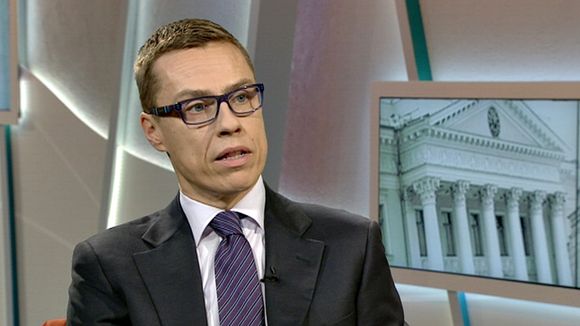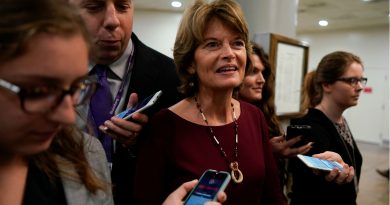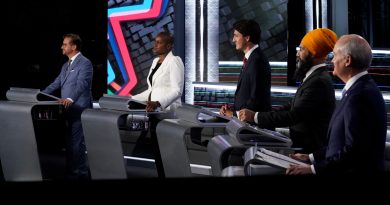“Cold war looming, sanctions our best bet,” says Finland’s PM

Prime Minister Alexander Stubb says Finland needs to stay close to the European Union but also maintain good ties with Russia as the Ukrainian crisis stretches on.
The premier said the region is on the brink of a cold war, and economic sanctions are one of the best tools available to keep the situation in check.
The European Union has followed with consternation the recent resurgence of hostilities in eastern Ukraine, following a truce brokered back in September. However, according to Prime Minister Alexander Stubb the rekindled conflict doesn’t pose any clear and present danger to Finland.
“From Finland’s perspective the security situation hasn’t changed radically but the situation on the Ukrainian border is certainly worrying,” the Prime Minister said on Yle’s Aamu-tv breakfast programme Tuesday.
Stubb said that he can discern undertones of Cold War doctrine in Russian’s current foreign policy.
“In many ways we’re on the brink of a Cold War,” he added, echoing similar sentiments expressed by President Sauli Niinistö just one day earlier.
Two-card tactic
Stubb said that Finland should react to the prospect of a modern-day Cold War in two ways: the country should close ranks with the European Union and also ensure that the regional block speaks with a common voice.
“There’s no point in taking Finland into that grey zone where we existed during the time of the previous Cold War,” he remarked.
At the same time, he called for the country to maintain good bilateral relations with Russia on a political and particularly on an official level.
“In other words, we should play with two cards,” he explained.
Stubb said that there would be two possible courses of action open to the EU in the event that eastern Ukraine breaks away from Ukraine and perhaps becomes part of Russia.
“The first would be to condemn such an action and the second would be to start talking about sanctions,” he observed.
Sanctions beginning to bite
He said that he was certain that talk of additional sanctions would continue since the ceasefire agreement had been violated, there had been a mass buildup of troops and borders had not been ceded; in other words the Minsk peace deal hadn’t held up.
The PM said that the EU sanctions regime against Russia were the most effective tool available to manage the situation, since talk about armed conflict should be avoided.
“We must remember that at this moment the Russian economy is sinking, the ruble is weakening, oil prices are coming down and international investors are getting out of Russia,” he pointed out.
He added that money is often the best peacekeeper in the world.
“It’s the only way: it’s soft but firm, it’s the only measure we have and it must be used,” he concluded.
“Frozen conflict” on the horizon
Stubb said that the region was heading toward a so-called frozen conflict, in which active military conflict has ended, but where no peace deal has been struck. He identified four similar situations: Transnitria, South Ossetia, Abkhazia and Nagorno-Karabakh, all in the Caucasus region.
“In addition to this there’s the Crimean Peninsula, which Russia has illegally annexed in violation of international law. Unfortunately now eastern Ukraine is heading towards the same kind of frozen conflict. This is an extremely disquieting development within Europe’s – our – borders,” Stubb declared.
The premier also turned the focus on what he saw as positive developments, pointing to recently held elections on October 26 in Ukraine. And he noted that Russia and Ukraine had successfully inked a gas deal on October 30.
On the flipside of the coin, the PM referenced what he termed the illegal election recently held by the Russian-backed separatists in eastern Ukraine and the fact that Russia has acknowledged the outcome.
Related stories from around the North:
Canada: Will Russia’s actions in Ukraine affect relations in the Arctic Council?, Eye on the Arctic
Finland: Finland’s president to Guardian: “We’re on the brink of a cold war, but we’re not afraid,” says defence minister, Yle News
Norway: Russian Su-34 fighter bombers flying off Norway, Barents Observer
Russia: Russia launches another missile from Barents Sea, Barents Observer
Sweden: Report calls for a study on Sweden joining NATO, Radio Sweden
United States: Pentagon: Climate change is national security risk, Barents Observer



